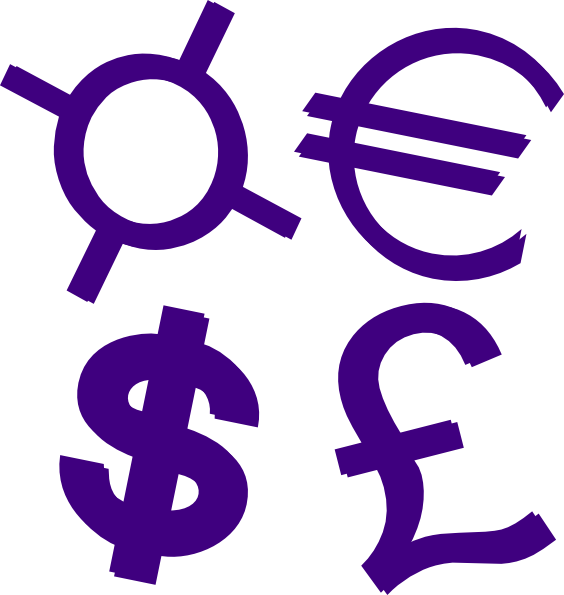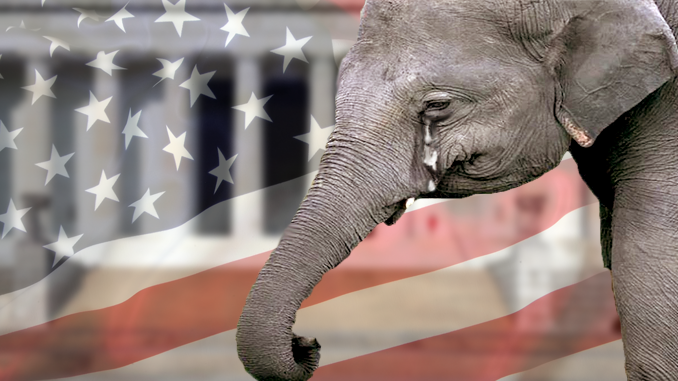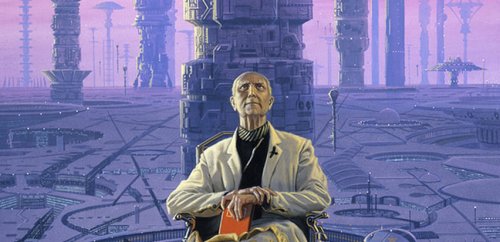
As strange as it may sound both Socialism and Capitalism suffer from the same problem in America. This is not to say both suffer other problem/issues, just that they both suffer from the same one in America. In America we seem to think that both Socialism and Capitalism are well defined and thought out economic systems. Unfortunately they are not. They aren’t even well formulated economic theories. What they are are two, in practice, economic systems with many many different systems in practice.
People also think that Capitalism is a 18th century development an Socialism is a 19th century one. What is true is that those were when economic systems that had been going one for many centuries started to be both studied and, sometimes, formalized. When Adam Smith wrote “The Wealth of Nations” he was describing the economic system system he found around him in 18th Scotland. He both gave it a name and did try to formalize it into a theory. An for an 18th century philosopher he did quite well. But he wasn’t the last word, not by a long shot.
The same can be shown for Socialism. The economic philosophers of the early/middle 19th century were describing an economic system that they could observe practiced by natives in the soon to be colonized Africa and Americas.
So just what is the problem these two Izums share? When discussed they are in an idealized form. This is something done quite often in science. We will create an ‘idealized’ model to simplify the tremendously complex system we are studying. The thing to remember that it is an idealized sample we are looking at and therefore subject to errors. What will work in the idealized system doesn’t work, or works in strange ways, in the real world.
A great example of this is something I learned in a Macro Economics class, the concept of elasticity. All too often people think that you can buy, or refrain from buying something depending on how much it costs. An for a lot of things this is true. But somethings you must have to live, like food an water. If either or both of these become scares people will do what ever is needed to get them. These are what are called inelastic commodities. In an idealized economic model commodities will either be all elastic or all inelastic, not a mix. Nor will you have a commonality that is usually elastic that can become inelastic do to non economic forces.
Another thing that is often done in idealized economic systems is to limit the number of reasons a person will do something to strictly economic reasons, excluding religious , moral, and/or philosophical reasons. We even do a lot just for emotional reasons, because it will make us feel good, or to get back at someone/something that hurt us? These reasons for making economic decisions are difficult or impossible to quantitize much less predict.
So the next time someone brings up Socialism or Capitalism take a moment and ask them just what they mean by that word. You just might be surprised.





